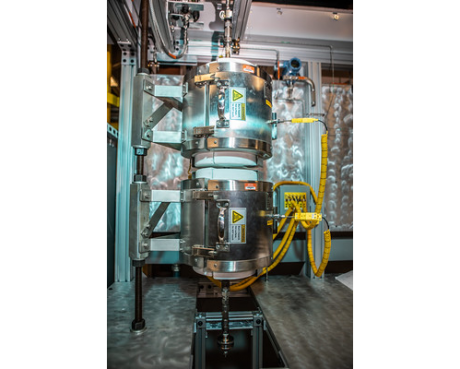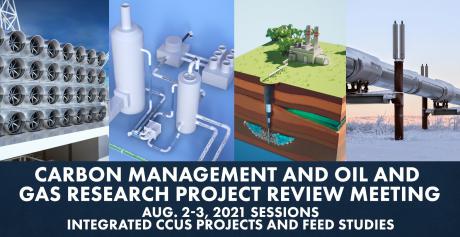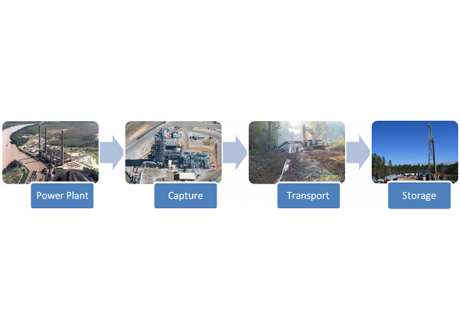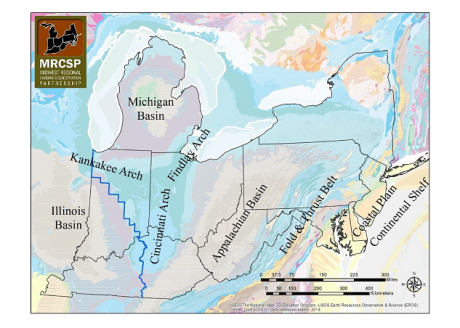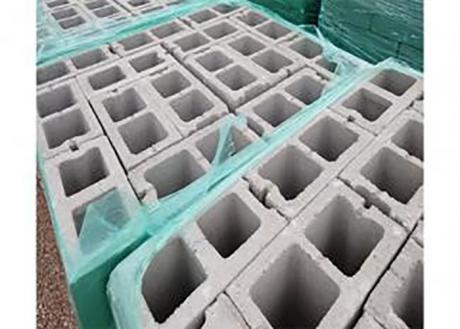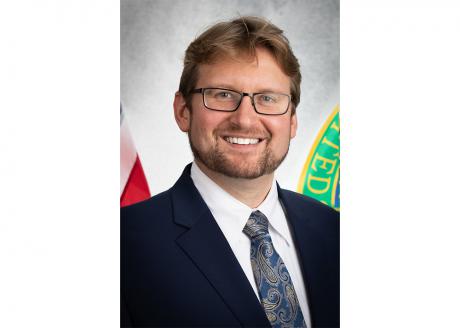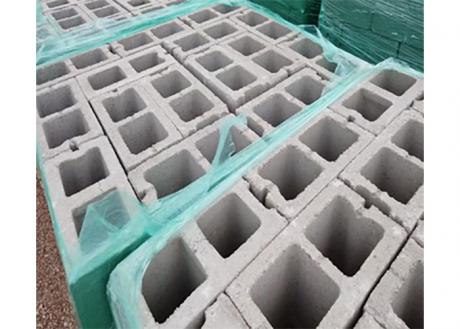Regional Initiatives Are Helping States Leverage the Environmental and Economic Benefits of CCUS, Delivering Good-Paying Local Jobs
NETL Director Brian Anderson, Ph.D., highlighted how research efforts have supported the development of new ways to convert carbon dioxide (CO2) into useful products during the 3rd International Conference on Carbon Recycling.
Meeting participants will discuss carbon management topics, including carbon capture, utilization and storage (CCUS) and front-end engineering design (FEED) studies for both power and industrial sectors, during the first of six project review meetings to be held in August.
After nearly two decades of collaboration and research, the Southeast Regional Carbon Sequestration Partnership (SECARB) helped the country come closer to commercial deployment of carbon capture, utilization and storage (CCUS) technologies.
With NETL leadership and support, researchers at Battelle successfully helped to pave the way for commercial deployment of carbon capture, storage and utilization (CCUS) technologies that will reduce the effects of climate change while utilizing America’s fossil energy resources through vital research associated with the Midwest Regional Carbon Sequestration Partnership (MRCSP).
Today, the U.S. Department of Energy’s Office of Fossil Energy and Carbon Management (FECM) announced $8 million in federal funding for four projects to develop and test technologies that capture and utilize carbon dioxide (CO2) from power systems or other industrial sources to create valuable products and services, biomass and bi-products. Using algae, the selected projects will develop conversion technologies to decrease emissions, helping to reach the Biden-Harris Administration’s goal of net zero emissions by 2050.
A University of California, Los Angeles (UCLA) technology developed in partnership with NETL won the grand prize in the prestigious NRG COSIA Carbon XPRIZE global competition for the development of an eco-friendly process that infuses a revolutionary concrete with carbon dioxide (CO2) emissions directly captured from power plants and other industrial facilities.
NETL Director Brian Anderson, Ph.D., will highlight NETL-supported projects to reduce emissions of carbon dioxide (CO2), technologies to capture and store it safely, and processes to make value-added products from the carbon waste stream during an address to the Pennsylvania Senate Environmental Resources and Energy Committee on Wednesday, March 10, beginning at 10 a.m.
Today, the U.S. Department of Energy (DOE) Office of Fossil Energy (FE) announced plans to make $8 million in Federal funding available for cost-shared research, development, and testing of technologies that can utilize carbon dioxide (CO2) from power systems or other industrial sources for bio-mediated uptake by algal systems to create valuable products and services.
In a collaboration between the U.S. Department of Energy (DOE) Office of Fossil Energy’s (FE) National Energy Technology Laboratory (NETL) and the University of California, Los Angeles (UCLA), more than 1,200 hours of field testing was completed at the Wyoming Integrated Test Center (ITC), successfully demonstrating a process to create concrete masonry units (CMUs, or concrete blocks) using carbon dioxide (CO2) from power plant flue gas without the need for a carbon capture step.






